Jakarta, MINA – The Indonesian Institute of Food, Drugs, and Cosmetics Assessment Council (LPPOM MUI) signed a Memorandum of Understanding (MoU) or an agreement with the Japan-Indonesia Economic Halal Consultant Management (JPI) in Jakarta on Monday.
The collaboration between LPPOM MUI and JPI in the field of halal certification positioned JPI as the representative or official representative of LPPOM MUI in Japan.
The MoU was signed by Deputy Director of LPPOM MUI Ir. Sumunar Jati and JPI Vice President Eric Liu together with Executive Director of the Indonesian Halal Watch (IHW) Advocacy Institute Dr. Ikhsan Abdullah as a liaison of the agreement.
Deputy Director of LPPOM MUI Ir. Sumunar Jati revealed that the collaboration was very important because the need for halal products in Japan is growing.
Also Read: Packaging Industry Supports Halal Ecosystem
“Japan is now also growing its halal industry. Moreover, 2020 this year Japan will hold an Olympics which will also serve Muslim guests, “Sumunar said in his remarks.
The signing of MoU was carried out in conjunction with a Public Discussion organized by Indonesia Halal Watch (IHW) with the theme “Making Indonesia the Main Country in the World Halal Industry”.
There were at least a few points related to the collaboration. Among others, the promotion and consultation of halal product certification in Japan, preparing laboratory facilities used for testing to support halal certification process, and the appointment of the second party as a representative office of LPPOM MUI in Japan in accordance with applicable regulations.
The agreement is valid for four years and will be evaluated once a year.
Also Read: 7th World Halal Summit Held in Istanbul
LPPOM MUI will also provide training to JPI regarding information on halal products and how to obtain certification. Furthermore, JPI will also be able to disseminate the information to companies in Japan.
JPI Vice President Eric Liu said one of the goals of collaboration was in an effort to create Japan as a country friendly to Muslim tourists.
Eric revealed in 2020, the number of foreign tourists visiting Japan was estimated at 42 million tourists. About 1 million of them are Muslim tourists. The figure is expected to increase every year.
“Under Chairman Ishihara’s leadership, our goal and vision at JPI is to ensure that various businesses and products that ready and able to serve the Muslim tourists,” he said.
Also Read: Halal Tourism Pays Attention to Tourist Comfort
As a representative of LPPOM MUI in Japan, Eric continued JPI would try to promote the halal industry in Japan as well as establishing cooperation with Muslim communities in Japan.
“In the future, we will also help partners (Indonesian producers) who have MUI Halal certification, so that their products can be sold throughout the world,” he added.
Based on reports from Thompson Reuters, global sharia market growth is expected to reach USD $ 3 trillion in 2023. In addition, people in the world are starting to realize that halal is beneficial for various aspects of daily life.
IHW Executive Director Dr. Ikhsan Abdullah hopes that in this collaboration Indonesia can use this opportunity to consolidate its position and make Indonesia the center of global halal industry.
Also Read: Sheikh Watteau Supports Philippine Halal Certification Through ISO
“What needs to be done now is how Indonesia can enjoy the benefits of Halal industry trade and Indonesia is the world’s main country in the halal industry,” he concluded.
Ikhsan rate, Law No. 33 of 2014 concerning Halal Product Guarantee,(JPH Law) requires all products that enter, circulate, and trade in Indonesia, including foreign products that will enter Indonesia, be halal certified, as stipulated in Article 4 of the JPH Law. (T/RE1/P2)
Mi’raj News Agency (MINA)
Also Read: Indonesia-Brunei Discuss Increasing Halal Meat Exports






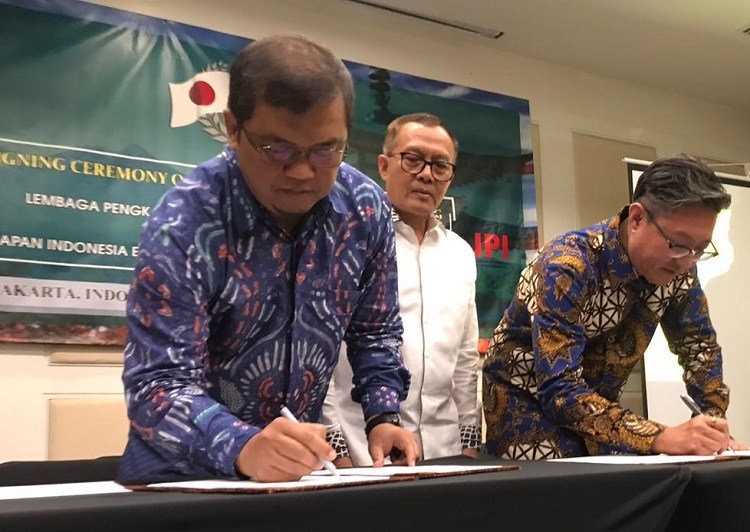


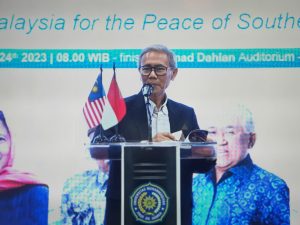


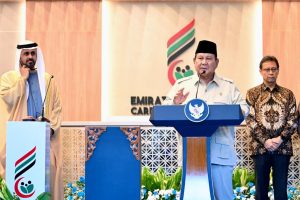



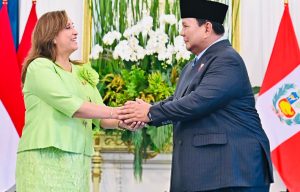
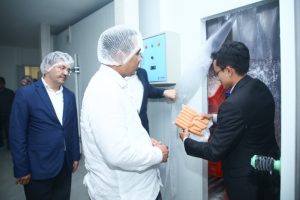
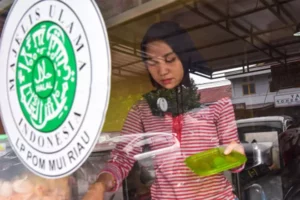
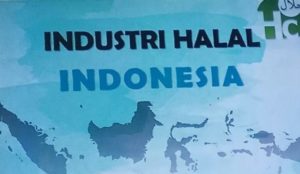
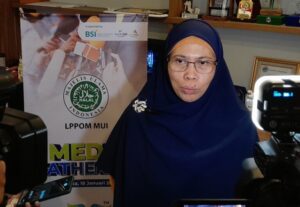
















 Mina Indonesia
Mina Indonesia Mina Arabic
Mina Arabic